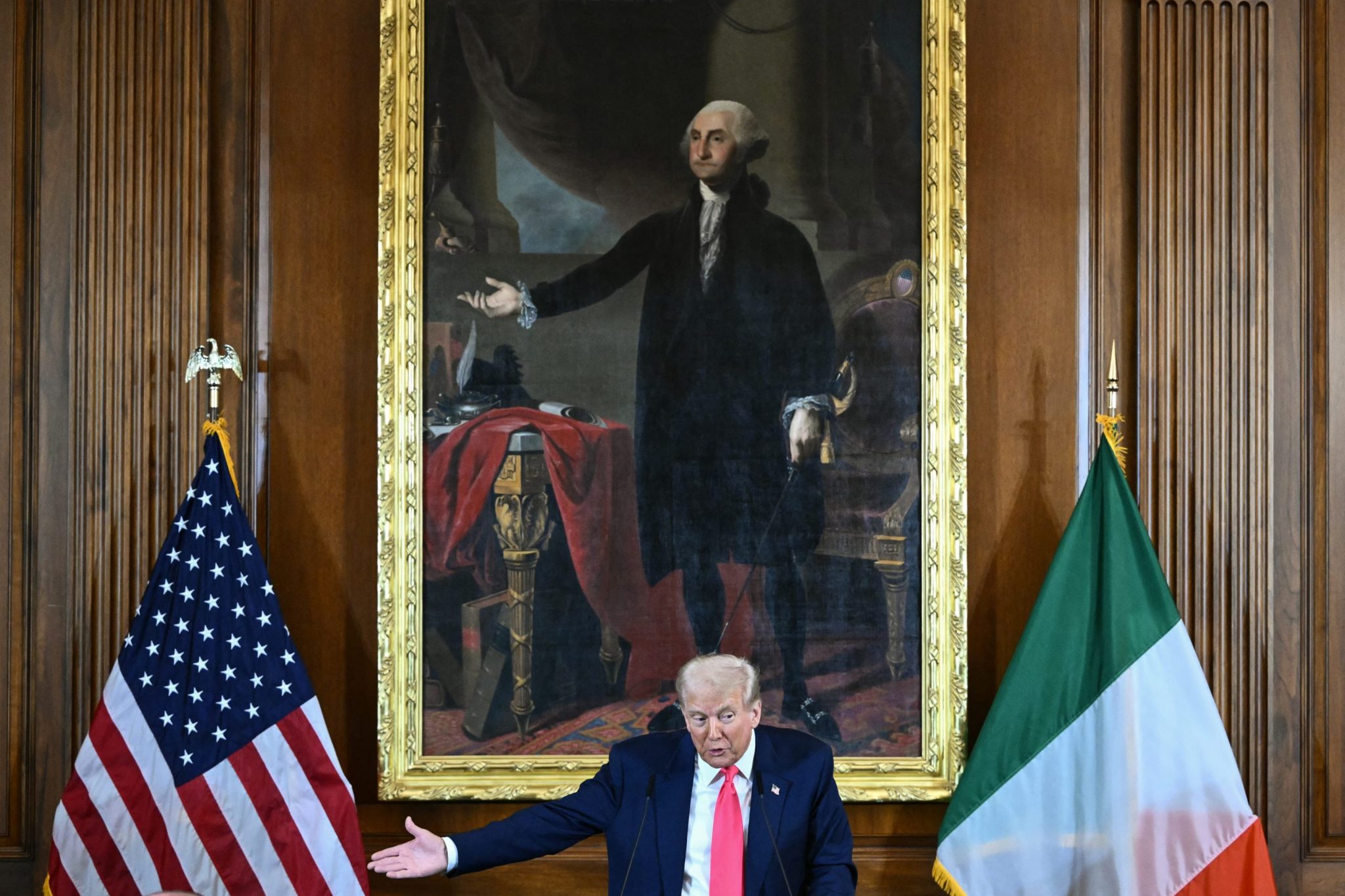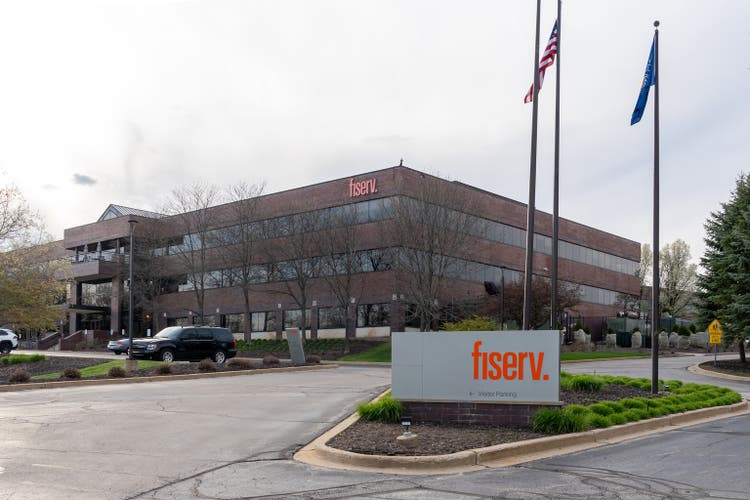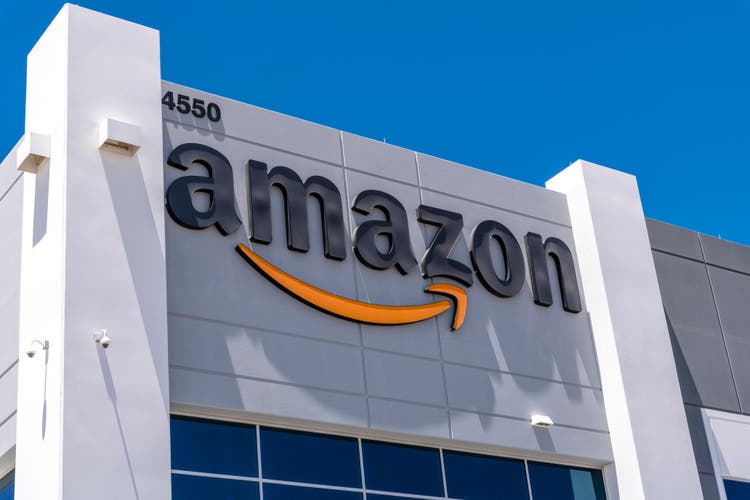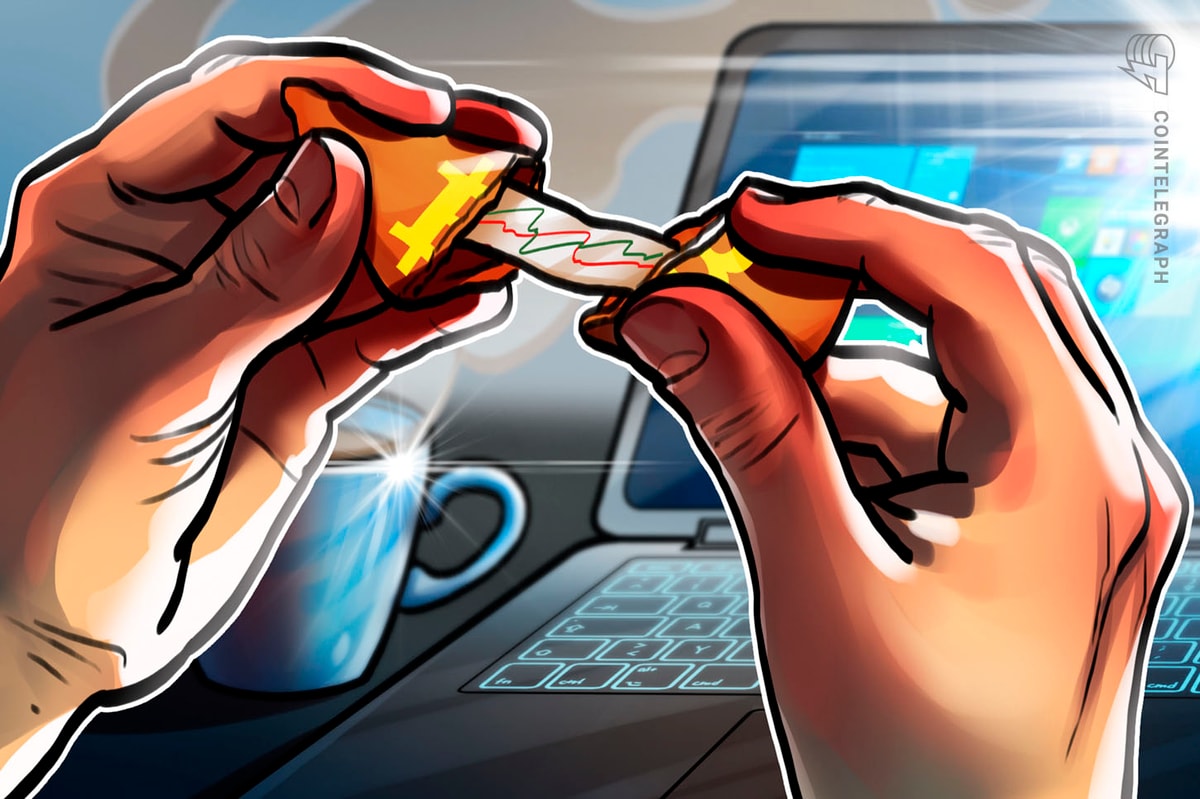- Match Group CEO Spencer Rascoff just took over in February, but he’s already making major changes at the company and to the brands’ apps. Tinder, in particular, has been a sore spot for many Gen Zers who associate it with hookup culture. Rascoff is working to change that.
While dating apps were notoriously popular among millennials, Gen Zers have been shunning them for more in-real-life meetups—and because many are fatigued by its culture. One Gen Zer told Fortune the first word that comes to mind when he thinks of dating apps is “wasteland.”
“I think the user pool on a lot of these apps has declined,” said Max Gomez, a 24-year-old communications professional. “Gen Z is just simply not using these [apps] as much anymore.”
The proof is in the pudding: A 2024 survey by Forbes found more than 75% of Gen Zers feel burnt out using dating apps like Hinge, Tinder, and Bumble because they don’t feel as if they can find a good connection with someone, especially given how much time they spend on the apps. These changing attitudes are reflected in Match Group’s financial results: Its first-quarter profits came in at $117.6 million, compared to $123.2 million in 2024, and paid usership was down 5% from a year ago at 14.2 million users.
But Spencer Rascoff, the newly minted CEO of Match Group that houses Tinder, Match.com, OkCupid, Hinge, and Plenty of Fish, is trying to make these apps more appealing to Gen Zers. He’s doing that by meeting Gen Zers where they are and developing new products they want.
“This generation of Gen Z, 18 to 28—it’s not a hookup generation. They don’t drink as much alcohol, they don’t have as much sex,” Rascoff told investors in May, according to The Wall Street Journal. “We need to adapt our products to accept that reality.”
Rascoff, the cofounder and former CEO of Zillow, took the reins of Match Group in February with an aim of revamping the company. In March, he admitted in a letter posted on LinkedIn dating apps just “feel like a numbers game.”
This leaves “people with the false impression that we prioritize metrics over experience,” Rascoff wrote. “That needs to change.”
In the same letter, he called on employees to offer their “unvarnished feedback” on how to improve products for consumers.
“We know that listening to users isn’t enough—we need to move with urgency and increased accountability,” Rascoff wrote, adding Match Group would be “increasing expectations around in-office collaboration” to make changes happen faster.
In May, Rascoff announced he’s cutting 13% of staff, amounting to roughly 325 jobs, in a bid to turn the company around. Rascoff said this would save the company about $100 million.
Tinder, in particular, is struggling. The job cuts affected 18% of Tinder employees, but Rascoff told WSJ in a May interview the layoffs were made for the sake of reorganizing Match Group and having each individual employee “have a bigger impact.”
This is especially important to Rascoff’s vision of developing new products for dating apps—and Tinder, specifically, because of its association with hookup culture.
“Tinder started over 10 years ago, and at the time, it was really innovative,” Rascoff told WSJ. “But the product has sort of stood still for quite a long time, and consumer social products like ours, you just can’t do that.”
One new product Tinder has already rolled out in about 15 countries, which will be a global feature by the end of the summer, lets users pair up with friends to encourage double dating.
“The high pressure kind of product offering of looking at a photo and judging it—that is cringy for a lot of Gen Z people,” Rascoff said.
The feature takes some of that pressure off of Gen Z users, he added. Users can merge their profiles with a friend, and that pair can then match with another pair on the app—say, two guys talking to two girls. Then those four people can start a group chat together and make plans to meet up in real life.
“This is the way Gen Z wants to connect,” Rascoff said. “They want to vibe their way through meeting people.”
Match Group has also developed AI-powered tools to help users better articulate themselves—and to prevent them from saying something potentially offensive or off-color to another user. A feature called “are you sure?” uses AI to detect messages that could be questionable or distasteful and double-checks with the user about their message before sending it.
“Many tens of 1000s of times a day that little speed bump that we introduced improves the way people behave,” Rascoff said. “We have work to do on our end. Society has work to do on their end. Together, we can help cure loneliness.”
This story was originally featured on Fortune.com

 1 day ago
1
1 day ago
1

















 English (US) ·
English (US) ·